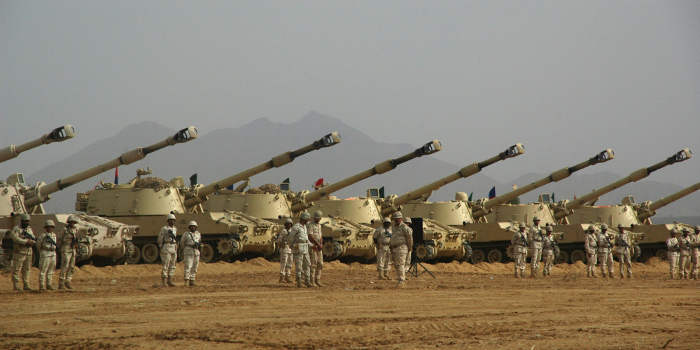The Democratic Republic of Congo has received a $203.3 million loan from the International Monetary Fund (IMF) to boost the country’s foreign exchange reserves which have fallen to $4.5 billion, covering only two months of imports.
The loan is part of the extended credit facility (ECF) arrangement with the multilateral lender reached in July 2021, which will see DRC get a total of 1.066 special drawing rights (SDRs) or about $1.52 billion by 2024.
The disbursement brings the total amount received under the arrangement to $1.02 billion.
DRC’s forex reserves have been below the desired 4.5 months of import cushion recommended by the seven-nation East African Community (EAC) trading bloc.
IMF had earlier projected that a sustained increase in mining yields could help buffer the economic headwinds the country faces and secure an improved growth in GDP this year, but growth in DRC’s main exports only partly compensates for the increased imports.
“The current account deficit deteriorated to 5.3 percent of GDP, as higher export growth only partially compensated for higher imports and a more deteriorated service account,” IMF said in a statement on Wednesday.
Kinshasa continues to grapple with a high trade deficit, currently at 5.3 percent of GDP, which has contributed to the continued drop in forex reserves, compounded by other internal and international economic shocks.
IMF’s deputy managing director Kenji Okamura said the ongoing conflict in the eastern parts of the country and the upcoming elections in December have created uncertainty, lowered government revenue collection to below expectations and increased public spending, limiting expenditure on priority areas.
The multilateral lender has revised the GDP projection to 6.8 percent this year, down from an estimate of 8.9 percent earlier in February.
IMF wants Kinshasa to implement additional reforms, including spending controls and reprioritisation in the face of below-target revenue collections.
“Improved spending efficiency, tighter controls on spending under emergency procedures, and better cash management will improve budget execution and provide space for much-needed social and development spending,” Mr Okamura said.
“Readiness to further tighten the monetary stance, strengthen the monetary policy framework, and enhance the independence and safeguards of the central bank will support price stability.”
Additionally, Mr Okamura said, “reforms to strengthen the rule of law and the judiciary system, curb corruption, and improve transparency in the mining sector and public finances are critical to improve the business climate for private investment and economic diversification.”
IMF had asked Kinshasa to institute several reforms under the ECF agreement to improve the business climate and mobilise private investments.
So far, the lender said, DRC has met most of the recommended reforms except the ones requiring a lower limit for social spending and a ceiling for central bank-guaranteed government loans.
The EastAfrican













